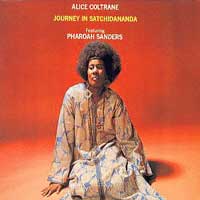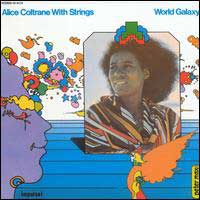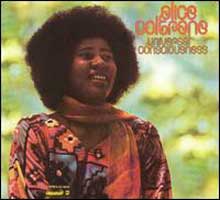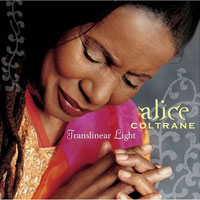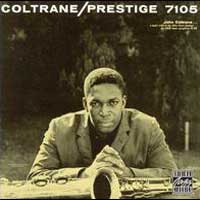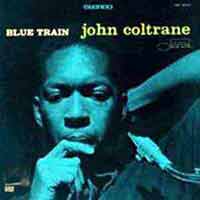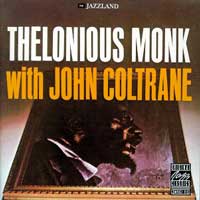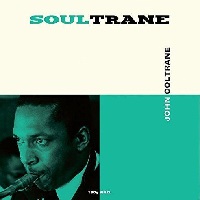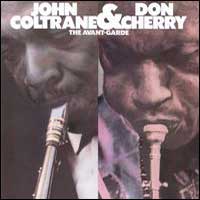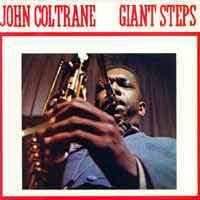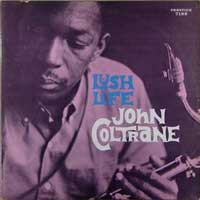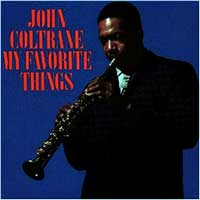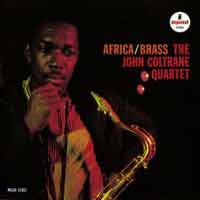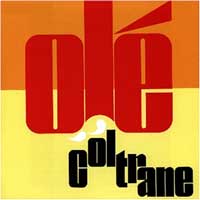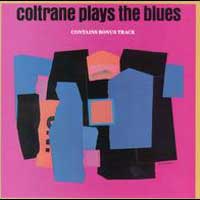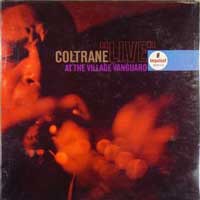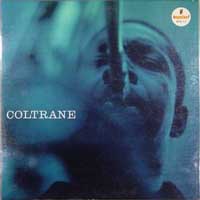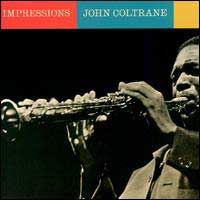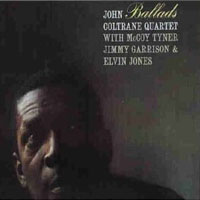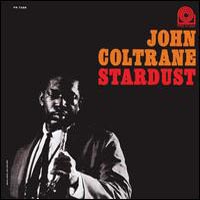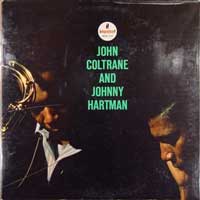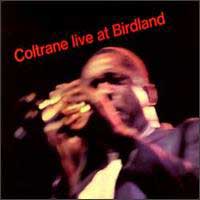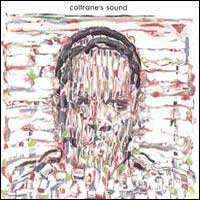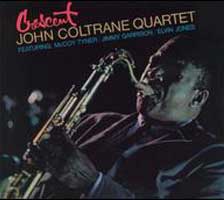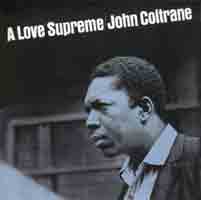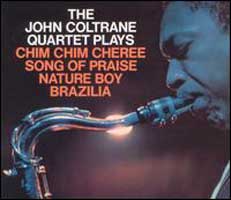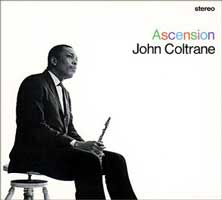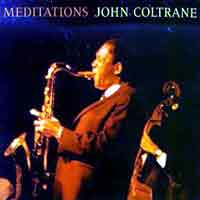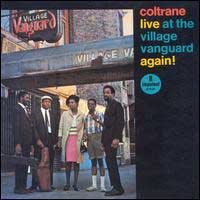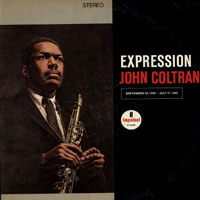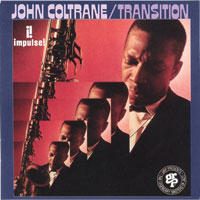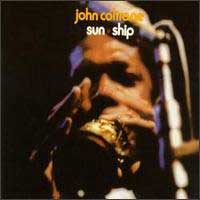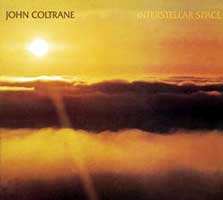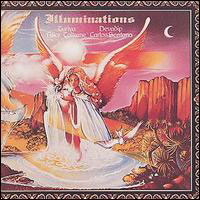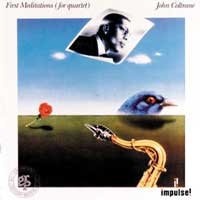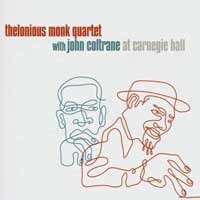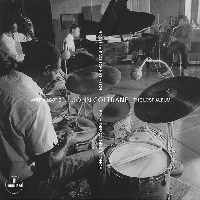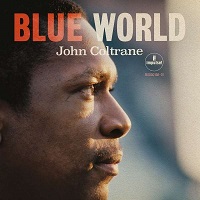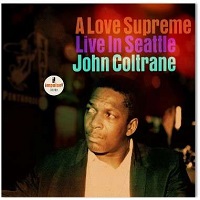Sometimes written off as an also-ran to her more famous husband, Alice Coltrane's work of the late '60s and early '70s shows that she was a strong composer and performer in her own right, with a unique ability to impregnate her music with spirituality and gentleness without losing its edges or depth. Ptah the El Daoud is a truly great album, and listeners who surrender themselves to it emerge on the other side of its 46 minutes transformed. From the purifying catharsis of the first moments of the title track to the last moments of "Mantra," with its disjointed piano dance and passionate ribbons of tenor cast out into the universe, the album resonates with beauty, clarity, and emotion. Coltrane's piano solo on "Turiya and Ramakrishna" is a lush, melancholy, soothing blues, punctuated only by hushed bells and the sandy whisper of Ben Riley's drums and later exchanged for an equally emotive solo by bassist Ron Carter. "Blue Nile" is a case where the whole is greater than the sum of its parts; Coltrane's sweeping flourishes on the harp nestle in perfectly with flute solos by Pharoah Sanders and Joe Henderson to produce a warm cocoon of sound that is colored by evocations of water, greenness, and birds. Perhaps as strong as the writing here, though, are the performances that Coltrane coaxes from her sidemen, especially the horn players. Joe Henderson, who can always be counted on for technical excellence, gives a performance that is simply on a whole other level from much of his other work — freer, more open, and more fluid here than nearly anywhere else. Pharoah Sanders, who at times with John Coltrane seemed like a magnetic force of entropy, pulling him toward increasing levels of chaos, shows all of the innovation and spiritual energy here that he is known for, with none of the screeching. Overlooked and buried for years in obscurity, this album deserves to be embraced for the gem it is.
(by Stacia Proefrock, All Music Guide)
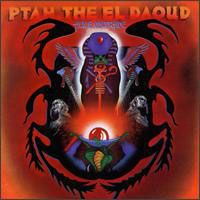
 Plattentipp
Plattentipp 
